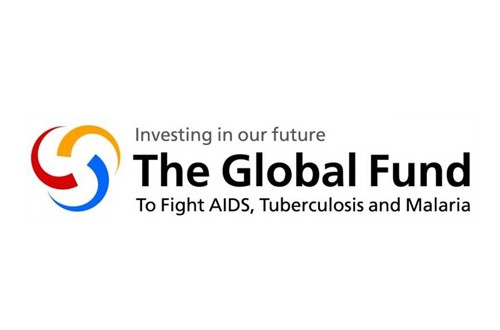
In a dramatic shake-up of its efforts to help treat and prevent devastating diseases in developing nations, the Global Fund to Fight AIDS, Tuberculosis and Malaria said yesterday it had sacked its inspector general, hired a new executive director and made plans to overhaul the way it funded projects.
John Parsons, who was responsible for overseeing audits and investigations by the Fund’s office of the inspector general, had his contract terminated after a review of his performance found it to be “unsatisfactory”.
The office was set up to provide an independent assurance over the design and effectiveness of controls to manage risks affecting programmes supported by the Fund. But an investigation “uncovered millions in financial losses” in Fund-backed projects that led some donors to withhold funding, according to the Associated Press.
This shortfall, which forced the Fund to make no new grants or funding until 2014, led to the resignation of former executive director Michel Kazatchkine in January, 2012.
The Fund has now announced Mark Dybul as Kazatchkine’s replacement, following a ten month period where Gabriel Jaramillo, a Brazilian former banker, led the organisation as general manager.
Dybul, a clinician with an expertise in AIDS, created and led the US President’s Emergency Program for AIDS Relief (PEPFAR) to tackle AIDS across the world.
One of Dybul’s first tasks in his new role will be to ensure the implementation of a new funding model, with the board voting for a revised approach to funding grants that will see additional money invested in health programmes that are able to achieve the quickest impact rather than the current rounds-based system.
Changes include more flexible timing for grant applications, while countries will now be grouped in bands to enable the Fund’s board to ensure focus is placed on countries with the highest disease burden and the least ability to pay.
There will also be greater country dialogue to ensure a more informed process, including the submissions of a concept note for each funding request, as well as early feedback from the Global Fund, other donors and technical experts on how the proposal may need to be improved before moving forward.
As part of this transformation, the Fund’s Affordable Medicines Facility – malaria (AMFm) will be integrated the core funding process after a three year pilot phase.
This is despite criticism from Oxfam, which called for an end to the scheme, labelling it a “dangerous distraction from effective public health measures”, with drugs being distributed by unqualified shopkeepers rather than healthcare professionals.




